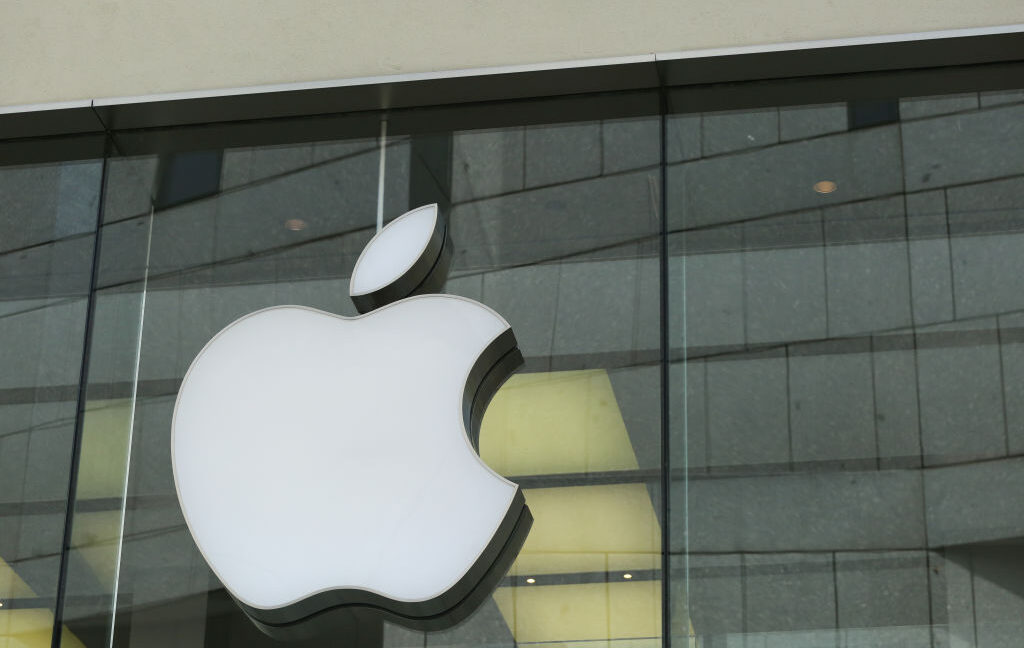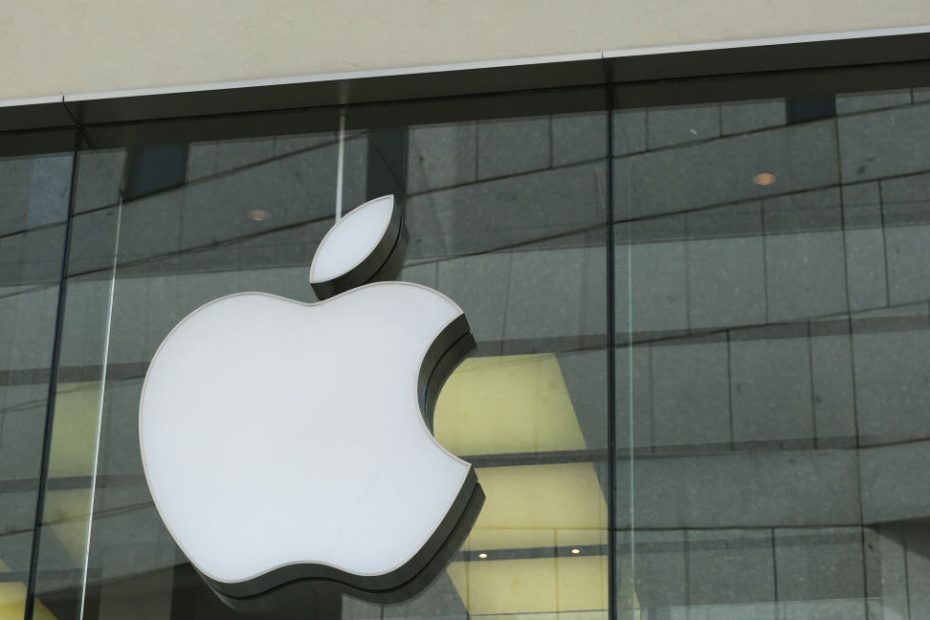
When Apple devices are used to spread CSAM, it poses a huge problem for survivors, who reportedly face a range of harms including “exposure to predators, sexual exploitation, dissociative behavior, withdrawal symptoms, social isolation, harm to body image and self-esteem.” , increased risky behavior and profound mental health problems, including but not limited to depression, anxiety, suicidal ideation, self-harm, insomnia, eating disorders, death and other harmful effects. One survivor told The Times that she “lives in constant fear that someone might track her down and recognize her.”
Survivors who sued have also incurred medical and other costs as a result of Apple's inaction, the lawsuit alleges. And those costs will continue to pile up if the lawsuit drags on for years and Apple's practices remain unchanged.
Apple could win, Riana Pfefferkorn, an attorney and policy fellow at the Stanford Institute for Human-Centered Artificial Intelligence, told The Times, because survivors face “significant hurdles” in seeking liability for mishandling content claimed by Apple says it protects Section 230 shields. And a victory for survivors could backfire, Pfefferkorn suggested, if Apple proves that its forced scanning of devices and services violates the Fourth Amendment.
Survivors, some of whom own iPhones, believe Apple has a responsibility to protect them. In a press release, Margaret E. Mabie, an attorney representing survivors, praised the survivors for voicing “a cry for justice and a demand for Apple to finally take responsibility and protect these victims.”
“Thousands of brave survivors are coming forward to demand accountability from one of the most successful technology companies in the world,” Mabie said. “Apple has not only refused to help these victims, it has also advertised that it does not track child sexual abuse. material on its platform or devices, exponentially increasing the ongoing harm to these victims.”

